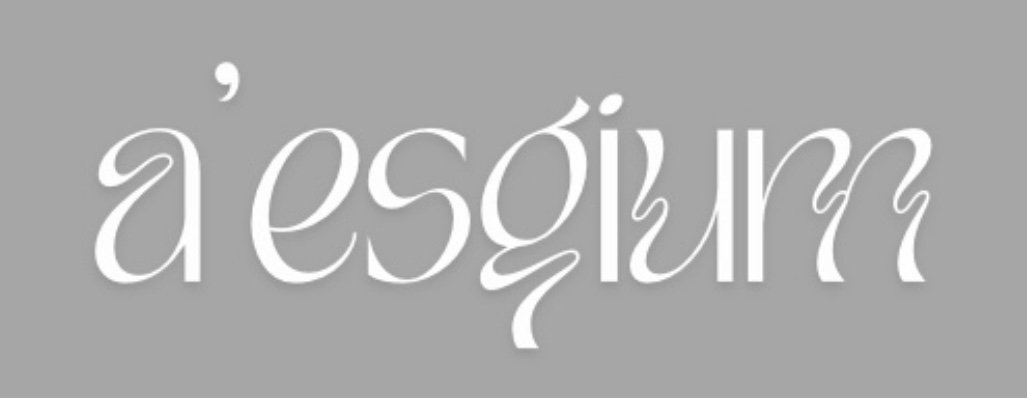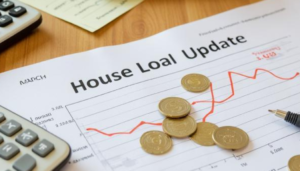French property buyers have something to celebrate: the average deposit required for real estate loans has dropped significantly in the past two years, making homeownership more attainable, especially for first-time buyers.
Sharp Drop in Mortgage Deposits Since 2023
According to new data from broker Finance Conseil, the average deposit (personal contribution) requested by banks for real estate loans in France has fallen from 38% in 2023 to 28% as of October 2025. For first-time buyers, the decrease is even more dramatic—down to just 18%, which is below the traditional benchmark of 20%. This means that buyers no longer need to save up as large a sum upfront, offering them valuable breathing room in a challenging housing market.
Currently, the average deposit across all buyer profiles stands at €51,800, compared to €63,700 two years ago. For first-time buyers, the figure drops from €44,700 to just €28,600. This trend is particularly welcome in an era where rising interest rates and persistent inflation have stretched household budgets.
Regional Differences: Where Down Payments Are Lowest—and Highest
The required down payment varies greatly depending on location. First-time buyers will find the lowest average deposits in:
- Hauts-de-France: €13,900
- North Nouvelle Aquitaine: €14,300
- Occitanie: €23,800
In Hauts-de-France, the average down payment has plummeted by €25,000 in just a single year.
Conversely, the regions demanding the largest contributions are:
- Ile-de-France (Paris region): €66,800
- Provence-Alpes-Côte d’Azur: €56,200
- Rhône-Alpes: €41,000
First-Time Buyer Benefits and the Return of 110% Loans
As the share of the deposit in the borrower’s overall budget falls (especially for first-time buyers), banks are now open to more applicants. Some buyers may even qualify for rare “110% loans,” which cover not just the home’s purchase price but also all associated costs such as transfer taxes and guarantee fees.
While these loans were common when interest rates were at historic lows (around 1%), they became almost impossible to secure during the inflation crisis. Now, such loans are gradually returning, representing less than 10% of new loans in 2025, and are mostly reserved for buyers with high earning potential or stable public sector jobs.
How to Build a Down Payment in France
If you’re wondering how to prepare for your own home purchase, consider these practical steps:
- Start saving early: Set aside money regularly, at least six months before applying for a loan.
- Seek family support: Monetary gifts or loans from family members can make up part of the deposit.
- Look into subsidized loans: You may qualify for state-backed schemes that help replace or reduce the required deposit.
- Avoid consumer credit: Using personal loans to cover your deposit may lead to expensive debt.
- Consider innovative solutions: Companies like Virgil can provide cash for a deposit in exchange for a share of your property’s future value—but read the fine print carefully.
Shop Around for the Best Mortgage Offer
Perhaps the most important tip is to compare offers from multiple banks. Lenders are not all seeking the same customer profiles at the same time. While one bank may reject your application, another could make a competitive offer.
A Brighter Horizon for French Homebuyers
As down payment requirements ease and options expand, buying a home in France is becoming more accessible. While it’s vital to plan carefully and avoid high-interest consumer loans, the lower deposit trend is a breath of fresh air for both repeat and first-time buyers. With a bit of strategy—and some patience—the dream of owning property in France is once again within reach for many.









